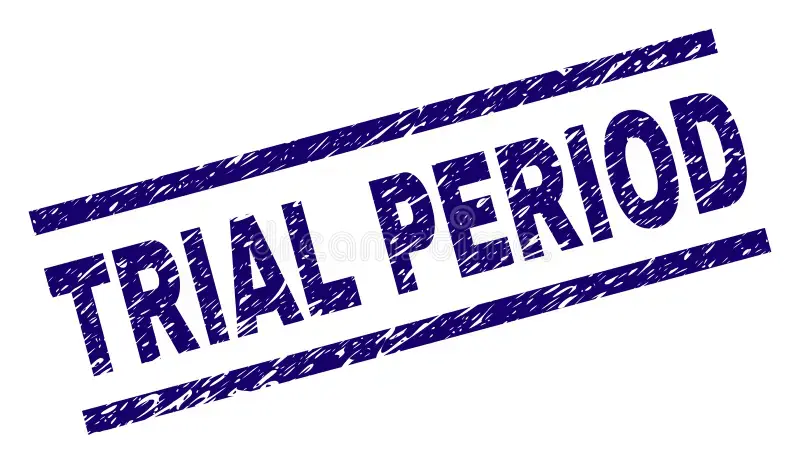
Trial Periods
What It Is
A trial period is a statutory arrangement under ERA 2000 s 67A–67B, allowing an employer with fewer than 20 employees to dismiss a new employee within the first 90 days of employment without the usual unjustified-dismissal consequences — but only if the clause is lawfully drafted, agreed, and signed before work starts.
Where any of these elements are missing or defective, the trial period is invalid, and the employee regains full rights to challenge a dismissal as unjustified.
Common problems include:
- Employment agreement signed after work commenced.
- Employer not genuinely qualifying as a “small employer” (20+ staff).
- Re-hiring the same employee on a “new” trial period.
- Failure to provide written notice referencing s 67B.
Your Rights and the Law
- ERA 2000 s 67A(1)–(3) — A valid trial-period clause must be in writing, agreed before employment starts, and state that the employee cannot bring a personal grievance for dismissal.
- ERA 2000 s 67B — Sets out the limits of dismissal under a trial period; employers must still act in good faith.
- ERA 2000 s 103A — If the trial clause is invalid, the fair and reasonable employer test applies as usual.
- Smith v Stokes Valley Pharmacy (2009) NZERA 225 — First major case confirming that trial periods signed after work starts are invalid.
- Ioane v Pacific Harvest Ltd [2023] NZERA 247 — Reaffirmed the strict pre-employment signature requirement and that technical defects invalidate dismissal protection.
Process (How a Case Generally Proceeds)
- Check the Agreement – Confirm when the trial-period clause was signed relative to the start date.
- Gather Evidence – emails, onboarding documents, payroll start date, and witness statements.
- Raise a Personal Grievance – If the clause was defective or dismissal process unfair, raise within 90 days.
- Mediation – The Ministry of Business, Innovation & Employment (MBIE) provides free mediation to seek early resolution. The process is voluntary and both parties must agree to attend. Most cases reach resolution at Mediation.
- Employment Relations Authority Investigation – If unresolved, a Statement of Problem is filed; the Authority investigates and issues a written determination.
- Employment Court Appeal – Possible for errors of law or procedure.
Potential Outcomes / Remedies
- Reinstatement to your role if dismissal invalid.
- Lost wages (ERA s 128) for up to 3 months or longer.
- Compensation for hurt and humiliation (s 123(1)(c)(i)).
- Penalties for bad-faith reliance on a void clause (s 4A).
- Declaration that the trial period was invalid.
- Costs
Take Action Today
If you were dismissed under a trial period and suspect it was invalid, you can challenge the dismissal under the ERA 2000. Get in touch with us to arrange a no-obligation consultation about your situation. We’ll assess your case, will review your employment agreement, timeline, and evidence to determine if your trial period was lawfully applied, explain your options, help gather evidence, request your employment file, and help you pursue the justice and compensation you deserve.
